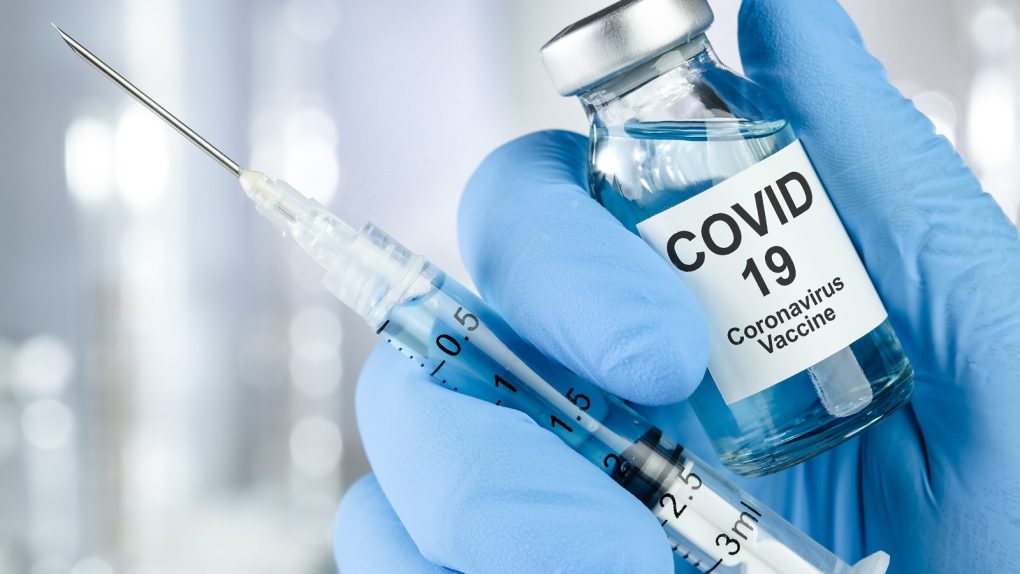- Coronavirus immunity can be obtained by surviving COVID-19 or getting a vaccine, but there’s an additional way to gain limited protection against the new virus: Monoclonal antibody drugs.
- Several companies are testing experimental drugs that can provide short-lived COVID-19 immunity as well as an immune system boost for people who are already infected.
- Monoclonal antibodies work just like the antibodies the immune system produces — they bind to the virus’s spike protein and prevent it from latching on to human cells.
There’s no guarantee they’ll work, but health experts are hopeful that the first vaccine candidates to have reached the final stage of testing might be available as soon as this fall or winter. They still have to convince regulators that they’re safe and effective against the novel coronavirus, and that’s the purpose of the large scale Phase 3 studies that are currently underway in the US and around the world. But even if some of these experimental drugs are ready for emergency use by late 2020, the general public won’t have access to them until several months later, well into 2021. Logistics and manufacturing issues need to be ironed out before officials can start immunization campaigns, and healthcare professionals will rightfully have access to vaccines before the general public. Even then, only specific high-risk categories of people might qualify for the first round of vaccinations.
Thankfully, the world isn’t putting all its eggs in the vaccine basket when it comes to crafting COVID-19 therapies. Several teams of scientists are testing drugs that might cure COVID-19, including a type of medicine that can also provide temporary immunity to healthy people. And the good news is that these new medications that can provide a limited immunity might be ready even before vaccines roll out.
Anyone following pandemic news closely is probably aware that several companies are studying drugs made of artificial antibodies. The so-called monoclonal antibodies aim to block the coronavirus from infecting cells. They’re crafted using various technologies, but the purpose is the same. The antibodies can bind to the spike proteins found on the exterior of the virus and prevent them from linking up with cells. This is how the immune system works against any pathogen — it creates neutralizing antibodies that can annihilate it.
Vaccines will teach the human body to prepare for COVID-19 by mimicking the virus and inducing neutralizing antibodies. That’s how long-term immunity can be obtained. It’s unclear how long the protection will last, but vaccine immunity should significantly outlast monoclonal antibody immunity. That’s because the artificial antibodies provide immunity themselves and the protection is only good as long there’s a circulating supply in the bloodstream. Once they vanish, the body won’t know how to make more antibodies when needed, which is what would happen after vaccination or after surviving the illness.
Monoclonal antibodies do have one significant advantage over vaccines. They can help COVID-19 patients recover, while vaccines can only prevent an infection. Plasma experiments have shown that antibodies from COVID-19 survivors can significantly improve the condition of COVID-19 patients. Monoclonal antibodies would work the same way. They’ll hopefully prevent complications and deaths, and they should also speed up recovery times.
These drugs could become a crucial tool in the coming months and could deliver results long before vaccines are widely available.
“A vaccine takes time to work, to force the development of antibodies. But when you give an antibody, you get immediate protection,” University of North Carolina virologist Dr. Myron Cohen told The Associated Press. “If we can generate them in large concentrations, in big vats in an antibody factory … we can kind of bypass the immune system.”
These drugs would be “a really momentous thing in our fight against COVID,” the doctor said.
The AP story runs through the various monoclonal antibody drugs that are currently in testing, some of which we’ve covered before. Eli Lilly has already started manufacturing its drug in the hopes that current studies will prove its effectiveness. Regeneron Pharmaceuticals already inked a $450 million deal with the US government and it’s making a dual antibody compound that should work even if the virus mutates.
Amgen, Adaptive Biotechnologies, Tychan, and Vir Biotechnology have also crafted various monoclonal antibodies that might work against COVID-19. Another team of scientists created antibody-like nanobodies and turned them into an aerosol that could be used with a nebulizer or inhaler.
Some of the drugs would be administered intravenously, and the antibody supply could last as long as a month for some candidates, but the protection could be extended to two months by increasing the dose. Subsequent shots would be needed to prolong the protection. It’s unclear how much these drugs will cost or how soon they’ll be available, but all sorts of clinical trials are already underway. Some are looking at monoclonal antibody drugs as treatment for COVID-19, while others are studying their capability to provide limited immunity to at-risk patients.
Dr. Anthony Fauci is “cautiously optimistic” about these drugs, just like with vaccines. “I’m heartened by the experience that we had with Ebola,” he said. It’s “the success with our Ebola program” that gives Regeneron hope that “we can potentially do this again.”








